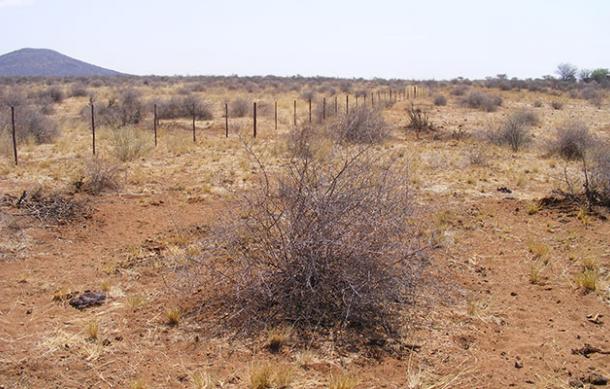
A newly released report by the Ministry of Agriculture, Water, and Land Reform has recommended that the government declare a drought a national emergency.
This follows the effects of drought findings across the country due to low rainfall.
The assessment was conducted in the seven major northern communal drop-producing regions between February 12 and March 11 this year.
Maize, millet, sorghum, and wheat are estimated to be 53% lower than the last season's harvest.
Severe dry spells with high temperatures have negatively affected crop development and further led to their wilting.
The dry spell has further negatively affected vegetation and water availability for livestock, with deteriorating conditions expected to worsen.
According to the Namibia Meteorological Service, the rainfall prediction for March to May 2024 indicates below-normal rainfall conditions over the bulk of the country.
"Which is 53% lower than the last season's harvest of 150,000 metric tonnes. In addition, the commercial area is projected to record a harvest of 5000 metric tonnes, which is six to 8% less than last season's production of 111,000 metric tonnes, only contributing 49% to the national cereal production. The Ministry, through the office of the executive director, is recommending that the government declare a drought or emergency; it's at the national level," explains Jona Musheko, spokesperson for the Agriculture Ministry.
However, green schemes alone witnessed an improvement in the expected harvest for both maize and wheat by 24% and 63% compared to last season.
The improvement was attributed to a notable increase in the planted area by the irrigation green schemes.
Additionally, the fact-finding mission assessed the changes in household food security, the availability of water supplies, and conditions of livestock and grazing.
The assessment, among others, made recommendations for possible interventions and future assistance.
This includes that the government and the Office of the Prime Minister consider extending the drought relief measures to households that are facing food insecurity.
Consideration in the extension of the Livestock Support Programme measures to all affected livestock farmers
Drilling, installation, and rehabilitation of earth dams and boreholes.
Another recommendation was the procurement of vegetable seeds for communal households with access to water to start gardens to complement drought relief food distribution.





